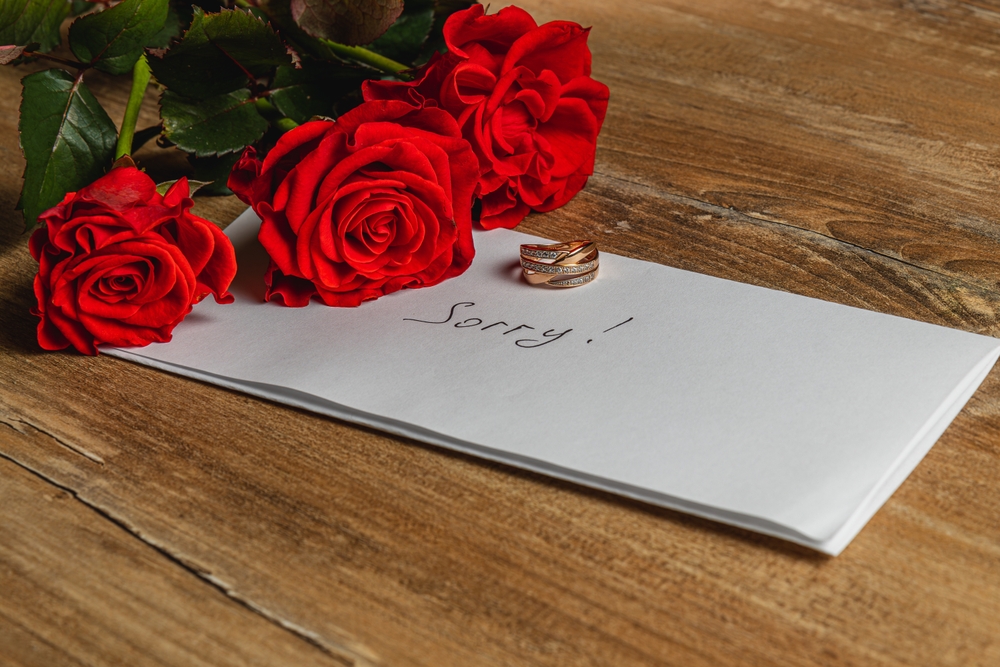Depression and stress can ruin the holidays and our health, even when there isn’t a global pandemic. By planning ahead, setting realistic expectations, and seeking support, you can minimize stress and depression this holiday season. The holidays bring an array of demands from shopping to cooking, to entertaining. While visitors may not be as big of a problem due to the COVID-19 pandemic, you may be grieving the loss of having your usual gatherings and seeing loved ones. If the virus is spreading in your community, you may have increased stress if you worry about you and your loved ones’ health. Navigating holiday plans when they look different than usual is not easy.
We’ve collected some practical tips you can use to try and minimize holiday and pandemic-related stress.
Acknowledge Your Feelings
If you can’t be with your loved ones, are grieving the loss of a loved one, or are sad because of the changes and pandemic has caused to your usual holidays, it is ok to feel this way. Take time to express your feelings, cry, or be angry. Just because it is the holidays, do not feel as though you need to force yourself to be happy.
Seek Support
If you feel isolated or lonely, reach out to your friends, family, community, or faith group. Many are finding connections through online support groups, social media sites, or virtual meetups and events. You can also talk to a friend or family member via text, call, or video chat.
If you truly need in-person connection and feel comfortable doing so, consider volunteering your time or doing something to help others such as dropping off a meal to someone at higher risk who cannot venture out.
Set Realistic Expectations
The holidays do not have to be perfect. Families grow and change, as do rituals and traditions. Consider creating a new tradition for those that cannot travel or come home this year as a way to celebrate together. This might be sharing emails, videos, or having a virtual call.
Accept Differences
The pandemic and political climate has brought forward many differences that exist between us and our loved ones. Use this time to try and set aside grievances and be understanding if others are more distressed, upset, or make decisions for their family and personal health that you do not agree with. Chances are these people are experiencing the same levels of holiday stress and are doing the best they can.
Learn to Say No
If you do not feel comfortable participating in a group activity or feel pressured to visit family members in a setting where you could be exposed to the virus, learn to say no if you need to. Saying yes when you do not want to can leave you feeling overwhelmed and resentful.
Start or Continue Healthy Habits
Do not let the holidays become a free-for-all. Try to eat healthy meals, get plenty of sleep, and stay physically active throughout the week. If can also try deep-breathing exercises, meditation, and limit the amount of media you take in. You should make time for yourself when you can, even if it’s just spending 15 minutes alone without distractions. Some options might include taking a walk, listening to music, doing a hobby you love, or reading a book.
Talk to a Professional
If you find that despite your attempts you feel sad, anxious, irritable, hopeless, or lonely, reach out to a doctor or mental health professional. We are currently seeing patients via telehealth at this time.





